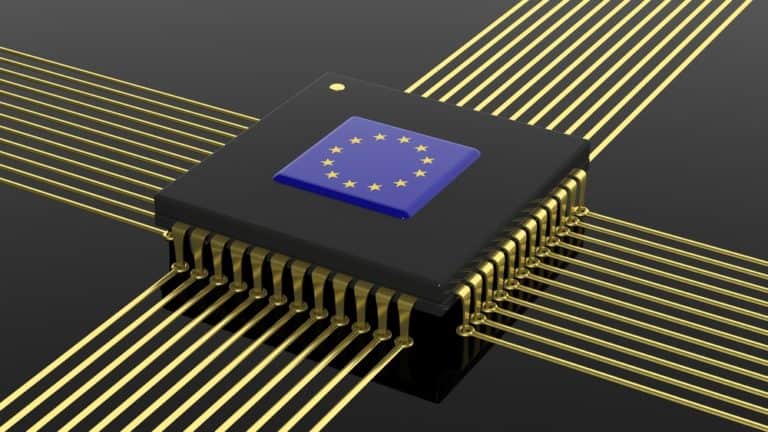The European Union may relax state-aid regulations to enable the funding of new chip plants to tackle shortages in the EU. The bloc’s competition chief said this on Thursday while contending with France for a no-holds-barred approach.
The bloc’s reliance on Asian chips has seen the EU hit by a severe shortage in semiconductors, delaying the delivery of goods that encompass consoles to cars. The effect has driven up prices around the world.
The European Commission may approve state aid to cater to funding gaps, especially if the initiative helps set plants for advanced chip manufacture, according to Margrethe Vestager.
Boosting the EU economy
The Commission oversees antitrust policy in the 27 EU member states. It seeks to ensure that this kind of support is subject to robust competition safeguards and that benefits are shared widely, in a non-discriminatory manner, across the bloc’s economy.
Vestager said that every case for the supply of semiconductors would be carefully investigated based on respective merits to ensure that a project is European in nature and avert a subsidy race within and without the union.
Across the pond, the Us announced a CHIPS for America Act to make it more competitive in the face of advancing Chinese technology.
Potential benefits
Creating just one mega-semiconductor factory in Europe could add anywhere from 77 to 85 billion euros to the GDP in a decade, more than doubling the investment needed to start the project.
The Commission has consolidated its control of acquisitions in the digital sector in response to concerns that the dominance of US tech giants and Chinese state-controlled entities could lead to the purchase of EU technologies.
Meanwhile, the Digital Markets Act approaches finalization into law soon.
